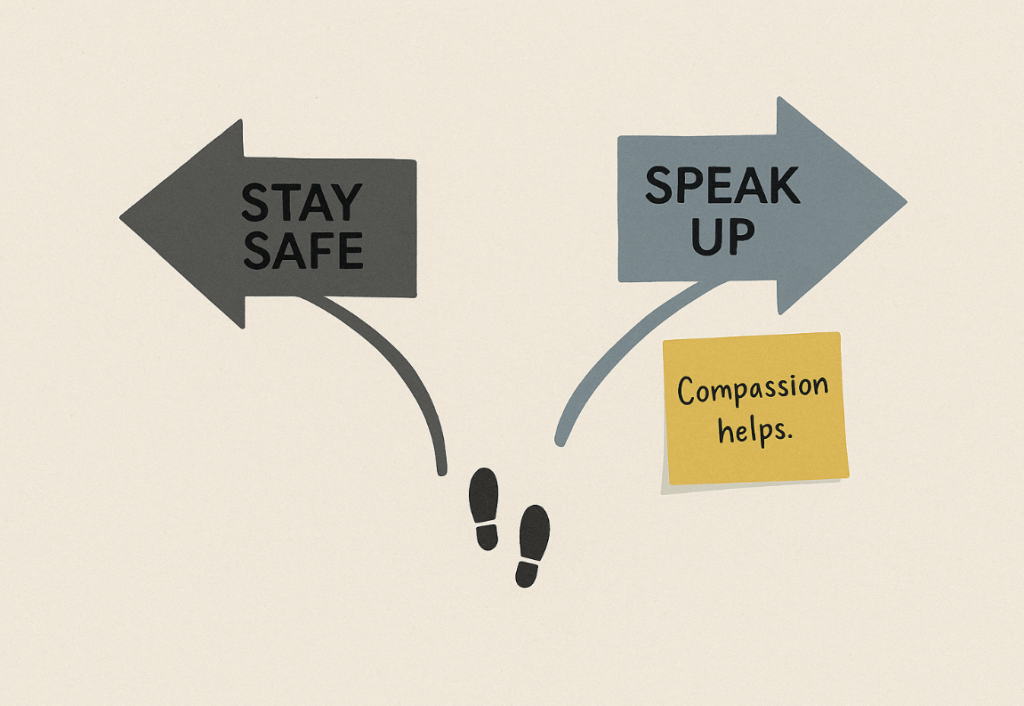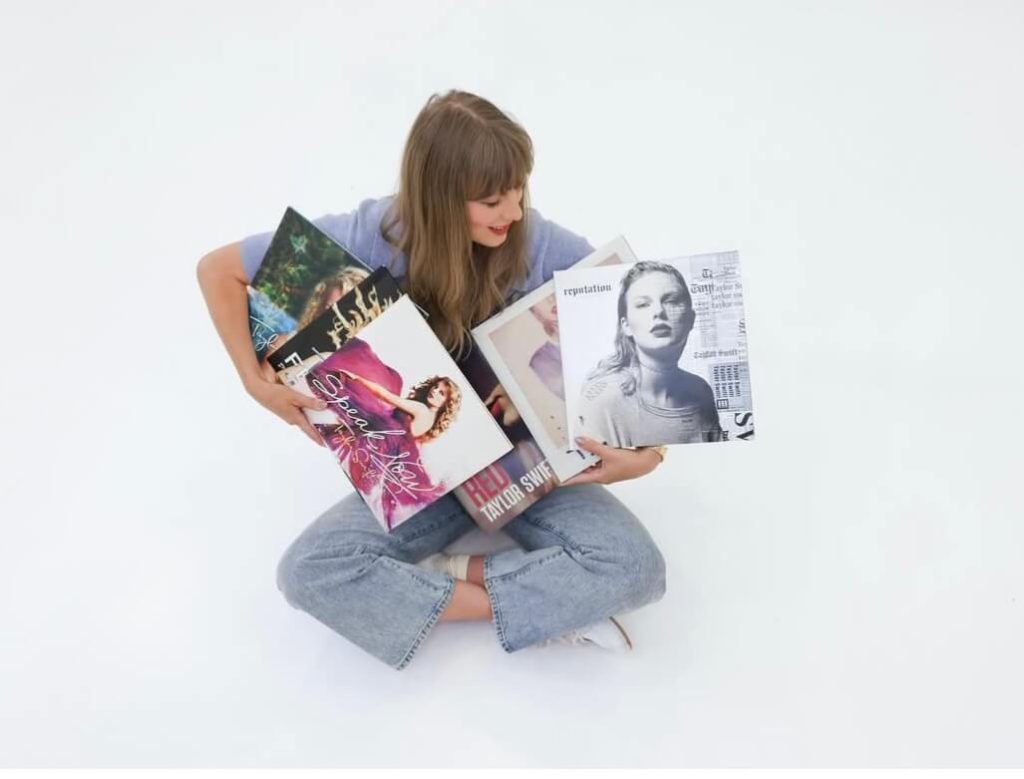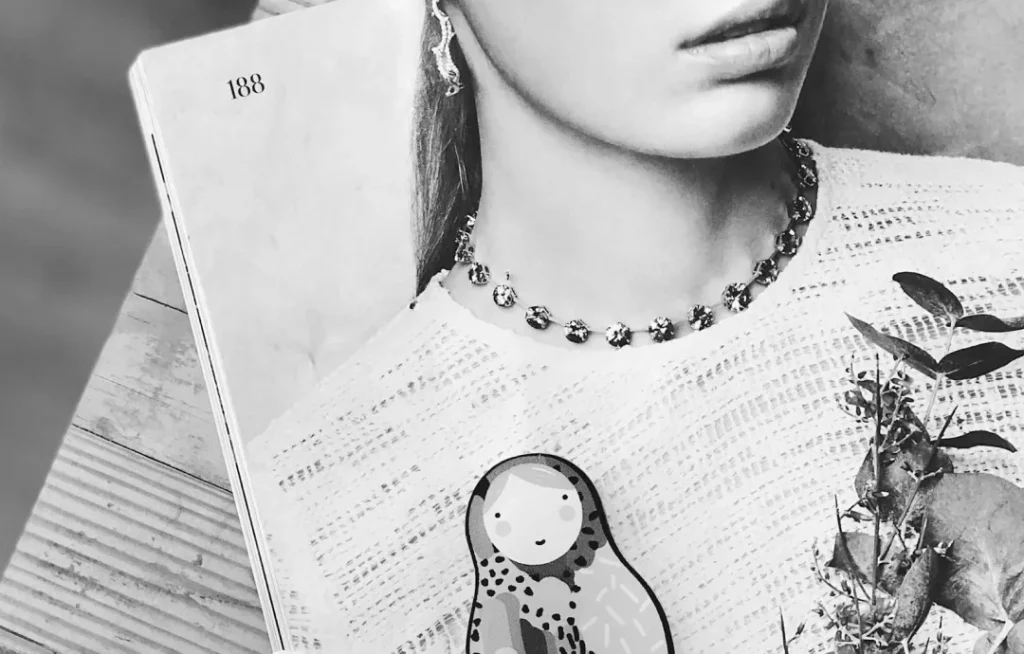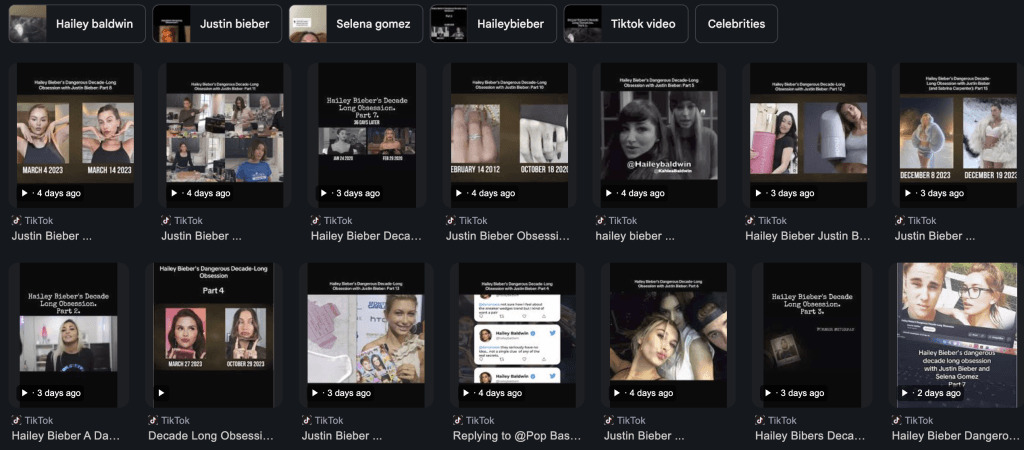Why inclusion feels harder lately and how the Ms. Rachel and J.K. Rowling controversies reveal what’s really going on.
There was a time when inclusion felt clear. Something to root for. A shared value. But lately, even the word inclusion feels heavier. It’s not that people don’t care. It’s that caring has started to feel… complicated. Online, everything moves fast, terms shift, expectations grow. “Doing the right thing” can feel like a pop quiz you didn’t study for. It’s not apathy, it’s confusion, and under that, most of us care, just tired.
The Exhaustion Isn’t Rejection. It’s Overwhelm.
In a time when outrage trends faster than understanding, empathy feels risky. Silence becomes strategy. “Cancelling” becomes a shortcut to control. Conversations around identity, gender, and belonging are louder and faster than ever. Culture shifts. Language evolves. Opinions clash. Inclusion, once rooted in empathy, now feels like something to get right. So people hesitate, not because they disagree, but because they don’t want to get it wrong.

Ms. Rachel vs. J.K. Rowling: Two Very Different Responses
If you missed it:
Ms. Rachel, a beloved children’s YouTube educator, quietly invited a non-binary musician onto her show. She also raised over $50,000 for children in Gaza, Sudan, Ukraine, and the DRC. For this, she was accused of antisemitism. Some called her a foreign agent. She didn’t fight back. She stepped away. Regrouped. Then returned, gentle, grounded, unchanged. That’s quiet inclusion.
Meanwhile, J.K. Rowling has spent years speaking against gender inclusion. She’s the author of Harry Potter series, written essays, defended “biological truth,” and drawn sharp lines. She’s been praised and condemned, loudly.
Same world. Same internet. Two very different ways of holding power and discomfort.

So Where Does That Leave the Rest of Us?
Many feel stuck between supporting progress and fearing backlash. It’s not resistance, it’s the tension between values and vocabulary, between wanting to help and not knowing how.What If Inclusion Isn’t a Test? Maybe the goal isn’t mastery, it’s movement. Inclusion isn’t a checklist. It’s a practice. It’s messy, evolving, uncomfortable and still necessary.
So we keep showing up. We keep listening. We respond not just with opinions, but with care. We forgive mistakes, ours and others’. We stretch, even when it feels awkward. Real inclusion isn’t just about presence, it’s about compassion in motion.
And If You’re Still Unsure?
That’s okay. Confusion isn’t failure, it’s attention. You don’t need a perfect take. You just need to stay in the room when it gets messy. To keep learning, unlearning, and trying again. And when it feels heavy? Offer yourself the same compassion you’re trying to extend to others. Keep going anyway.
Want the full backstory?
Read the companion essay
When Kindness Gets Canceled and Controversy Gets Applauded








3 Responses
Awesome https://is.gd/tpjNyL
Very good https://lc.cx/xjXBQT
Very good https://lc.cx/xjXBQT